Politics
If Ukraine Keeps Pushing Further Into Russia, These Countries Would Help Putin

Published:

24/7 Wall St. Insights
Is there any real reason to care where in the world Vladimir Putin has ties and developed his popularity? He is certainly a controversial leader on the world stage. A former KGB officer under President Boris Yeltsin and now President for what seems like his lifetime, he has worked to extend the reach of the Russian military. He has used the country’s military might to crush a rebellion in Chechniya; Putin intervened in Georgia in 2008, in Ukraine in 2014, and again in 2022. He has also propped up pro-Russian governments in Belarus and Kazakhstan against protestors. Further abroad, Russian troops and mercenaries have assisted authoritarian regimes in Syria and across North Africa.
Needless to say, all this has made him immensely unpopular among those promoting values like democracy but equally popular with the leadership of authoritarian and anti-western governments. So just where in the world is Putin feeling the love, and why? Read on to find out.
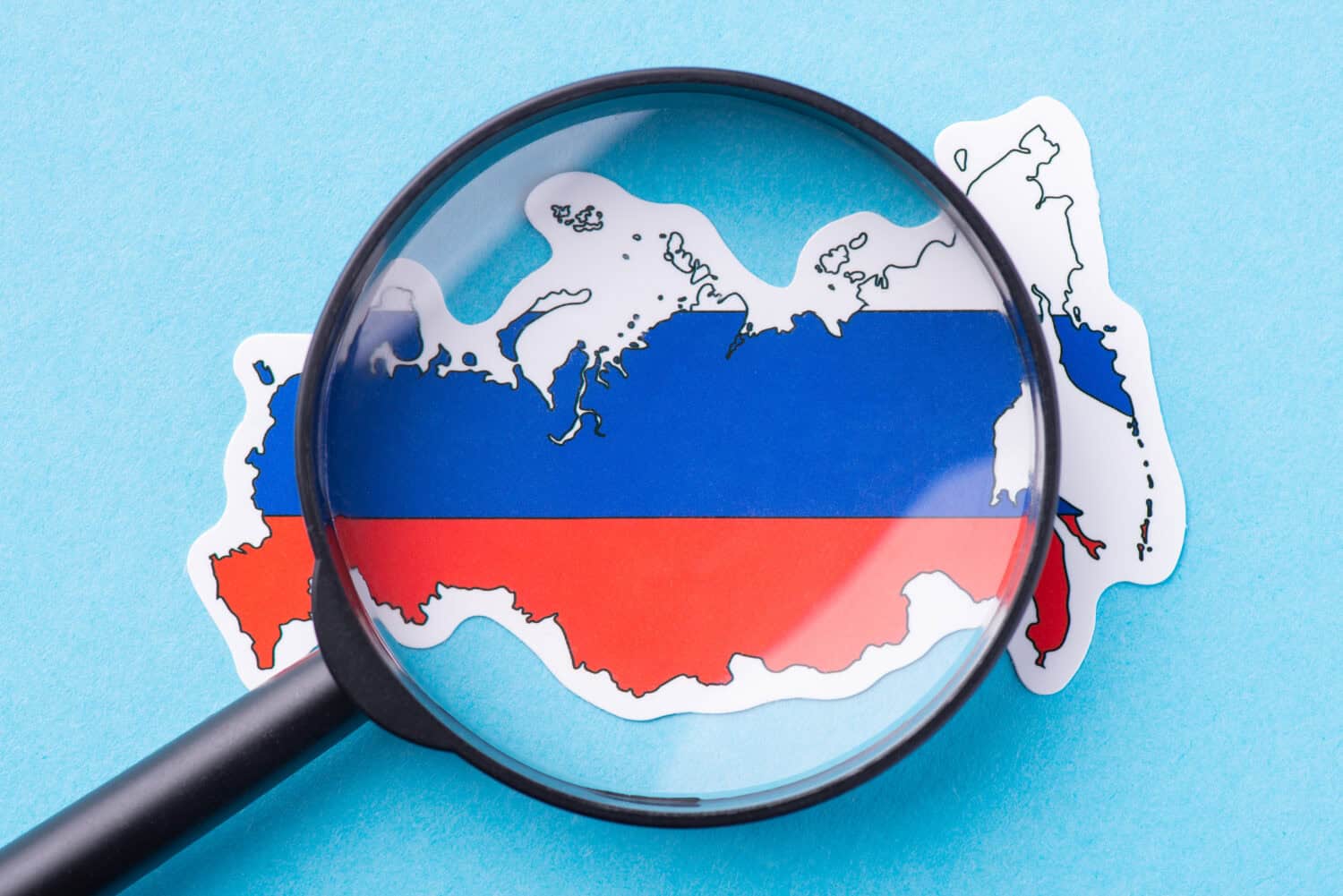
In some places, Putin is popular not only with an anti-western government but broadly among its people. This can reflect a sentiment that the U.S. and its allies are bullies who need someone to stand up to them. Governments in places where Putin is popular might align with Russia to various extents and find themselves under Western sanctions or even military intervention in the future. These may not be the best places for you to vacation, create business partnerships, or place your bets on long-term investments.

To understand global sentiment about Russia’s current leadership, we’ve consulted Gallup’s 2024 report Rating World Leaders: The U.S. vs. Germany, China, and Russia, as well as research by Statistica, the Pew Research Center, the University of Chicago, the Economist, and others.
Polling data often focuses on countries where societies are more open and where it is easier to conduct a scientifically accurate survey. Polls are harder to conduct in closed countries with authoritarian regimes—the very countries most in support of Putin. Thus, we’ve chosen to look not only at public opinion but also at the political relationships of governments to understand which countries, as a whole, are supportive of Putin’s Russia.

Although the war in Ukraine has isolated Russia from the world economy, caused the deaths of tens of thousands of Russian military personnel, and even brought drone attacks into the heart of Moscow itself, Putin and the war are still popular with the Russian people. Statistica reports that as of April 2024, 8 out of 10 Russians approve of Putin’s leadership.
Recent polling research by the University of Chicago found that despite the war’s toll on the country overall, most Russians have not personally experienced a significant decline in their life circumstances. They support the war in part because they are apprehensive about the encroachment of liberal Western values and see the war in Ukraine as a defense against the West. The main source of information for most Russians is television news, which is heavily controlled by the Russian government.
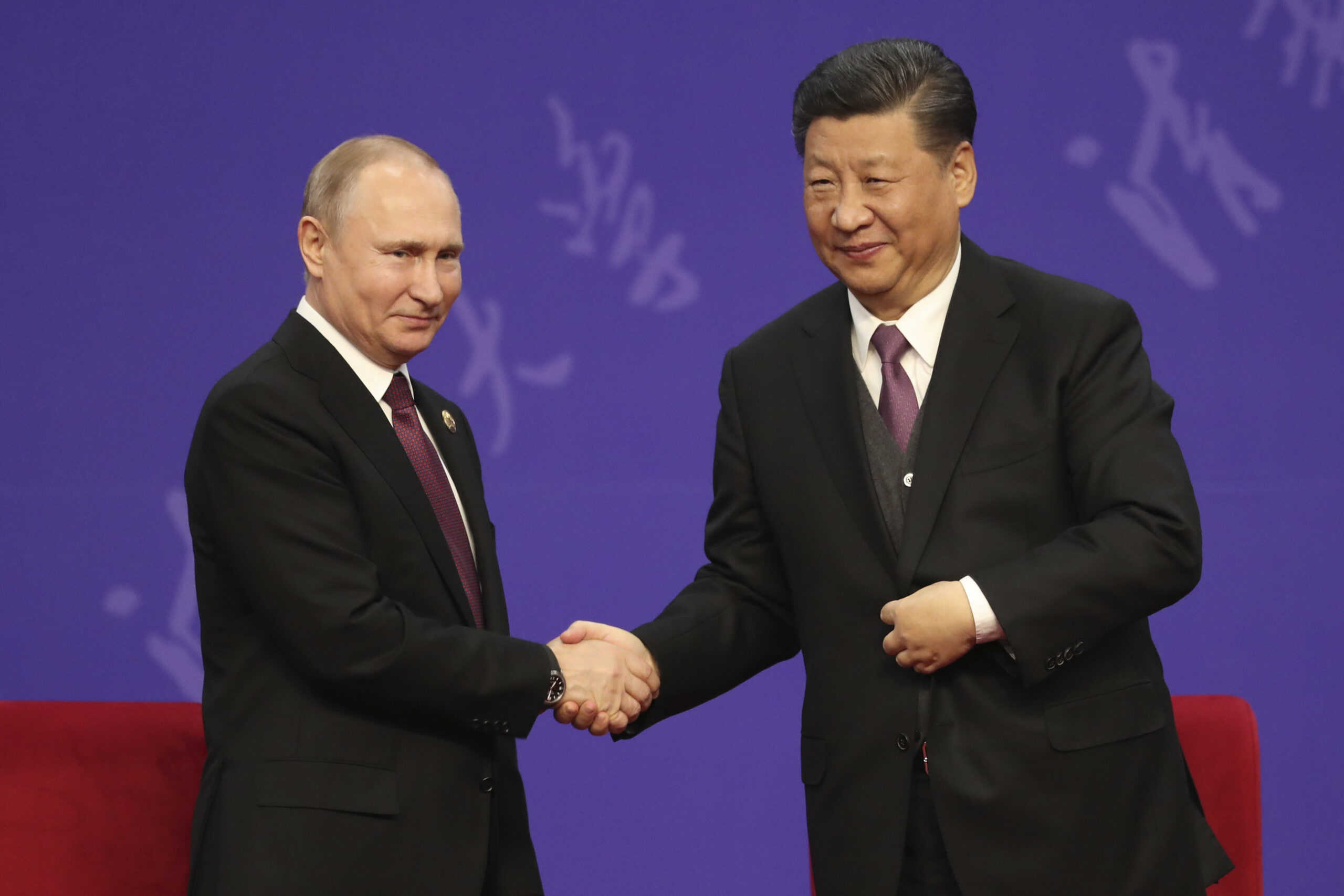
Gallup polling in 134 countries showed a drop in approval for Putin from 33% in 2021 to 21% in 2022, the year Russia launched a full-scale invasion of Ukraine and remained barely changed at 22% in 2023. During the same time period, 57% expressed disapproval of the Russian leadership in 2022, improving slightly to 53% in 2023. 11 European democracies disapproved of Putin at rates above 90%. In Ukraine itself, disapproval of Putin stood at 93%.
Next, we’ll share the 11 countries that are Putin’s biggest supporters, followed by a list of others where he also has various degrees of support, more so than in the Western democracies.
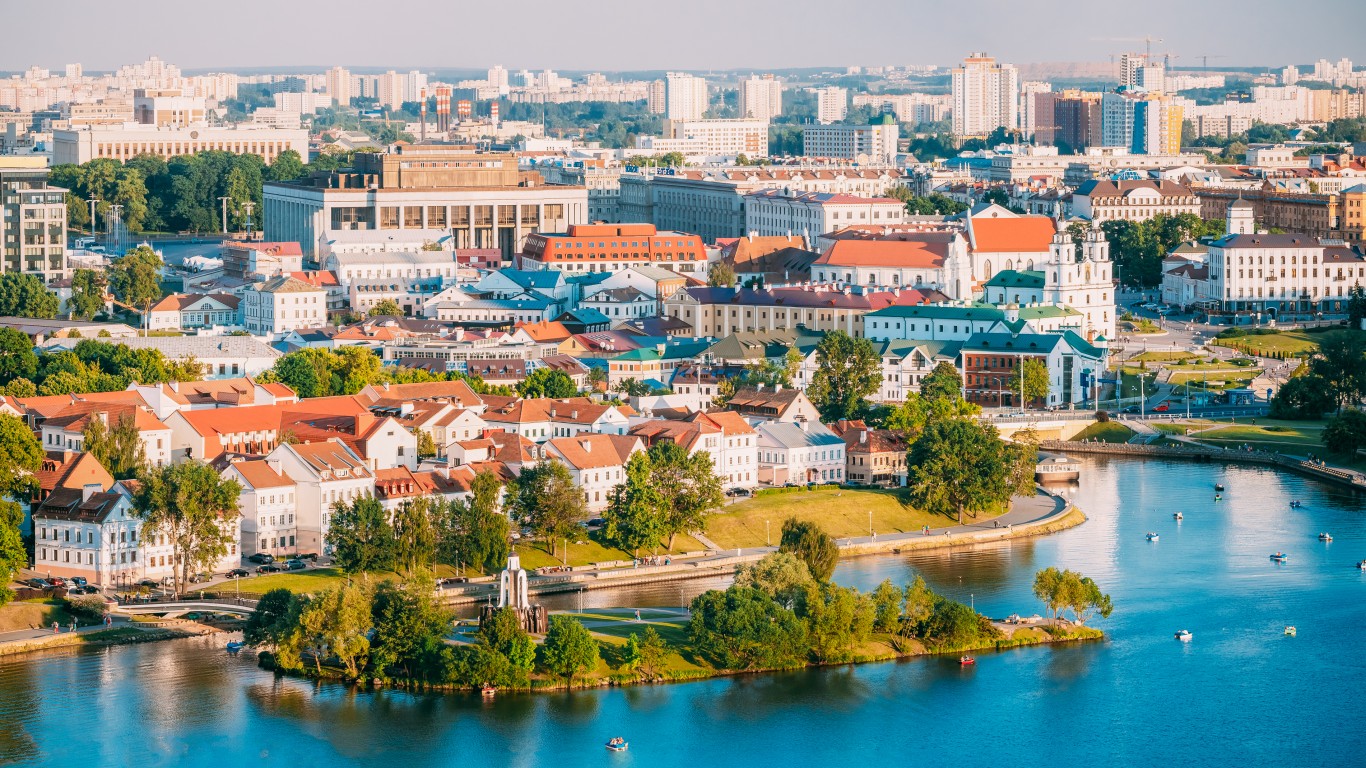
Belarus is linked to Russia in the Union State, a transnational organization formed to deepen economic and defense ties between the two countries. It is widely seen as a creeping annexation of Belarus. Alexander Lukashenko has served as President of Belarus since its independence and remains in power in great measure due to the support of Russia. Belarus allowed Russia to launch attacks on Ukraine from its territory and station nuclear weapons within its borders to threaten NATO.
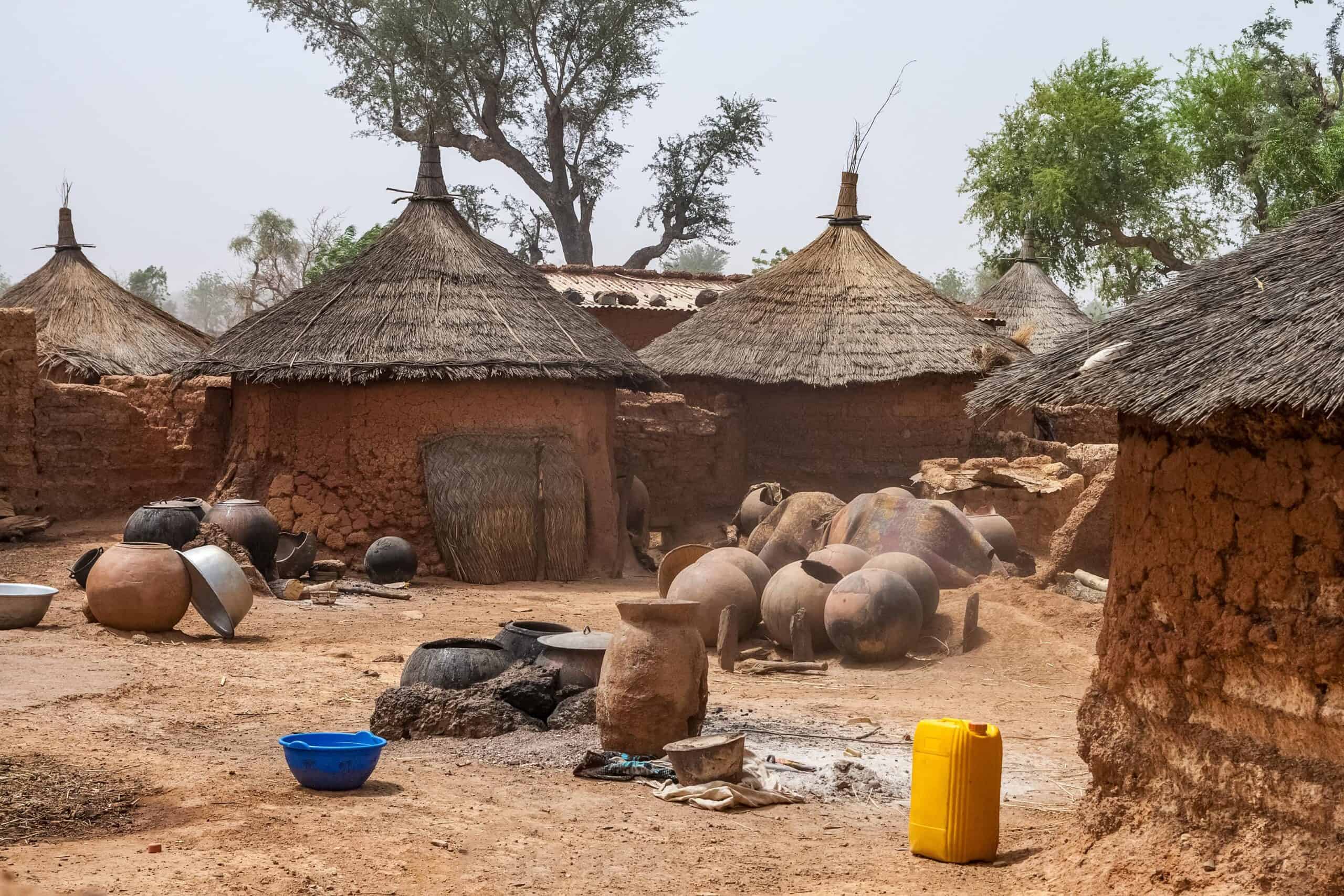
Burkina Faso is one of many former French colonies in West Africa. France’s neocolonial policies in the region have included integrating these countries’ economies closely to its own and intervening regularly with troops to assist in putting down armed groups. The tide is turning against France in Burkina Faso due to grinding poverty and France’s apparent inability to control terrorist units in the northern border region with Mali. Russia has stepped into the gap to provide military and economic assistance that is not tied to a resented colonial history. Anti-French protestors frequently carry Russian flags and banners. Signs of growing Russian cultural influence are appearing in the capital, including a television program about the culture partially presented in the Russian language.
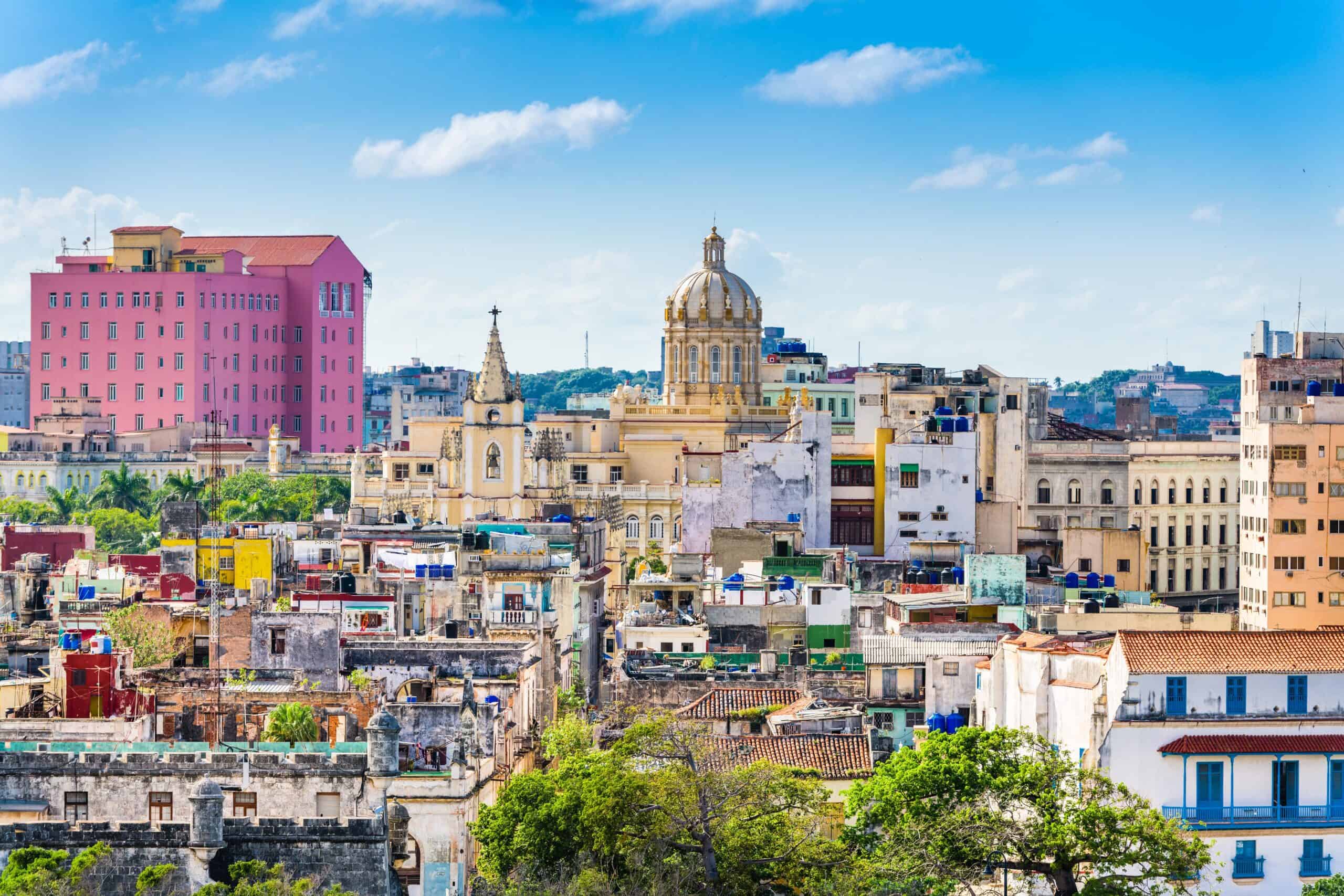
Cuba was allied with the Soviet Union and continues a warm relationship with Russia today, although it doesn’t receive as much from it as it did in previous decades. Located just 90 miles off the south coast of Florida, Cuba is in a strategic position for Russia to spy on the United States, but this also makes it vulnerable to a U.S. invasion if it becomes too provocative. Cuban leaders support Putin because he is taking a strong stance against the West.
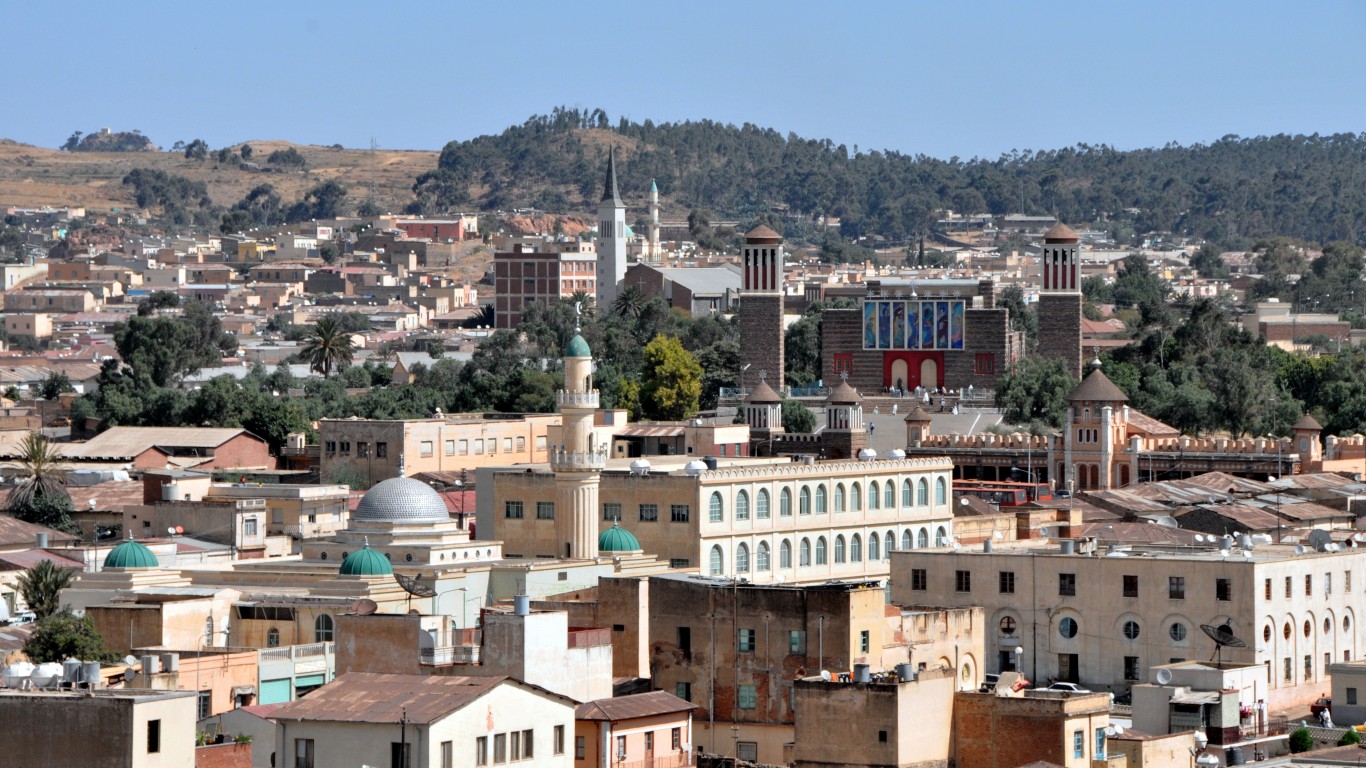
Eritrea is a country on the Red Sea that was formerly part of Ethiopia. When it finally gained its independence, Ethiopia became a landlocked country, which is a big problem for international trade for a country of over 100 million people. Since then, Ethiopia has gotten into another civil war with its northern Tigray region, and Eritrea has intervened in this conflict. It is a heavily-armed, impoverished, authoritarian country. As it is so far removed from Western democratic norms, it is natural for the country to feel more of an affinity for Russia.
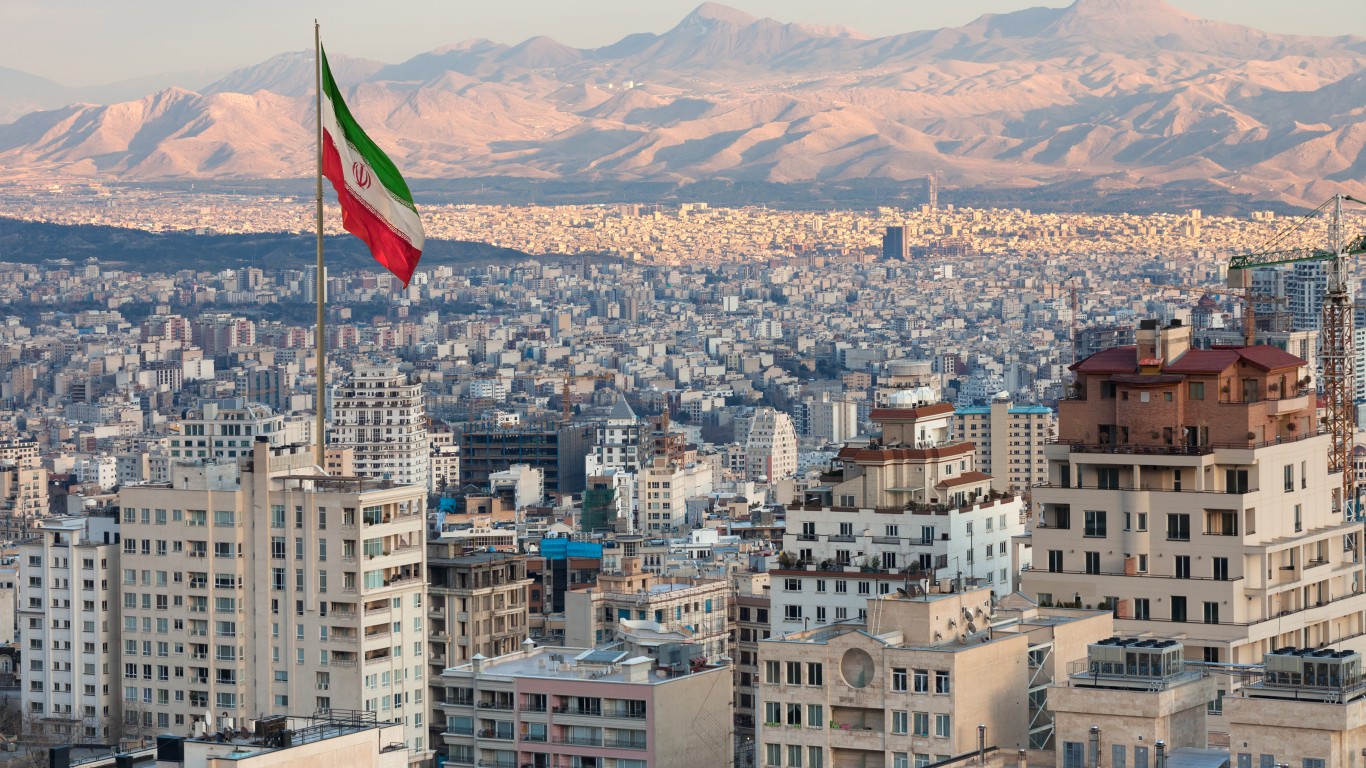
Until 1979, Iran and the United States were close allies. But that year, there was an Islamic fundamentalist revolution in Iran, followed by an invasion of the U.S. embassy by rioters. Americans were held hostage for 444 days, cementing a belligerent relationship with the West that has lasted to this day. Iran is currently advancing in a nuclear energy program that goes well beyond its legitimate needs and is widely understood to be a nuclear weapons program. Iran supports radical regimes and terrorist groups across the Middle East in a struggle with Saudi Arabia for regional hegemony. Russia and Iran have a close relationship. Most recently, Iran has begun supplying Russia with military drones for use in its war against Ukraine.
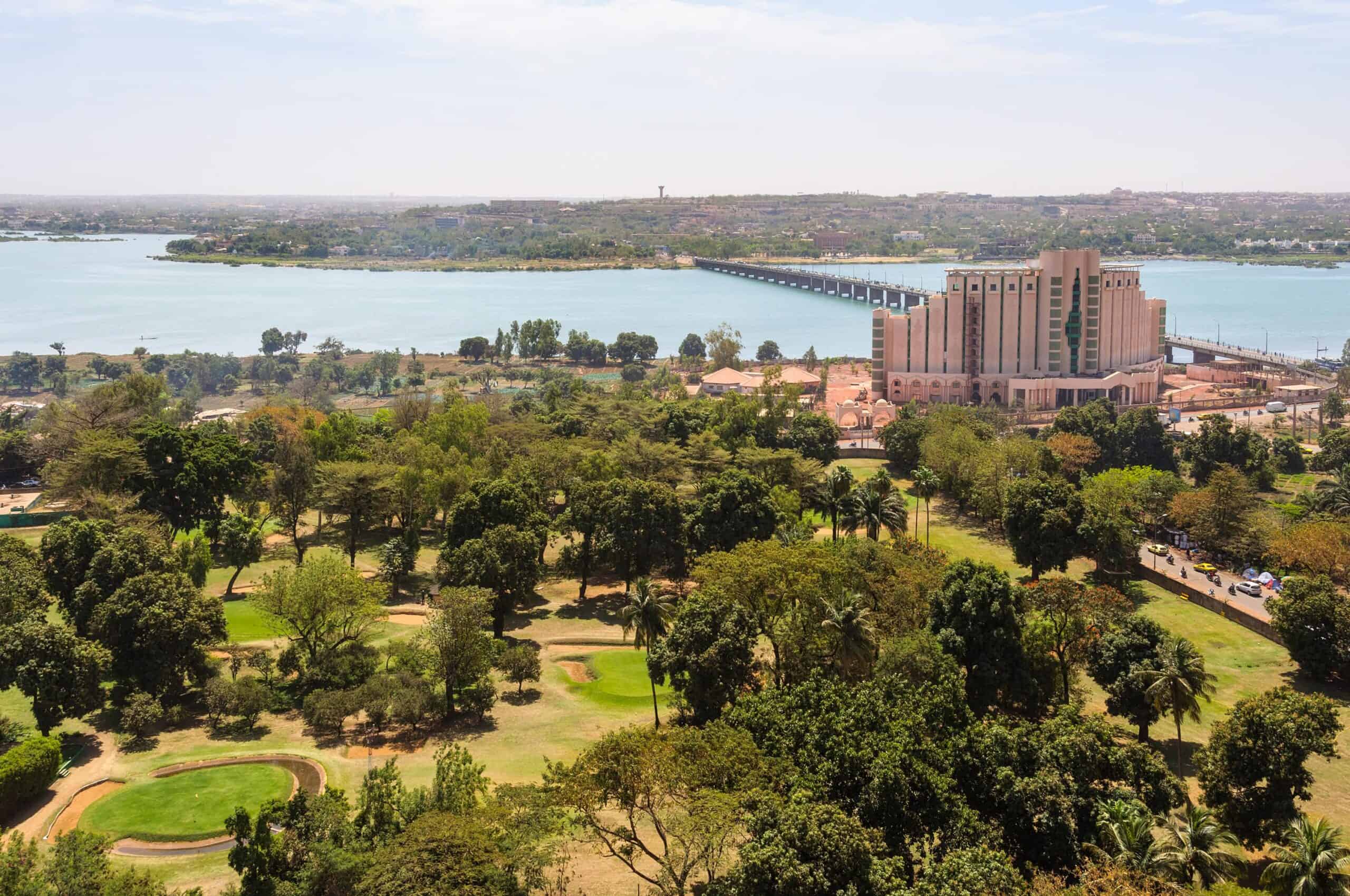
Mali is located in the southern Sahara and in the Sahel, the arid region just to the south of the Sahara. Northwest Africa was colonized by France, and France continues to operate what many say is a neocolonial empire in the region. France has militarily intervened many times in the area to keep in power friendly regimes. It also maintains financial control in that many of its former African colonies are using a currency that is managed and controlled by the French. Mali is one of several countries in the area that has overthrown its pro-French rulers and welcomed Russian mercenaries and advisors to prevent them from coming back. The clash of interests between France and Russia in the Sahel could lead to a great power war there in the future.
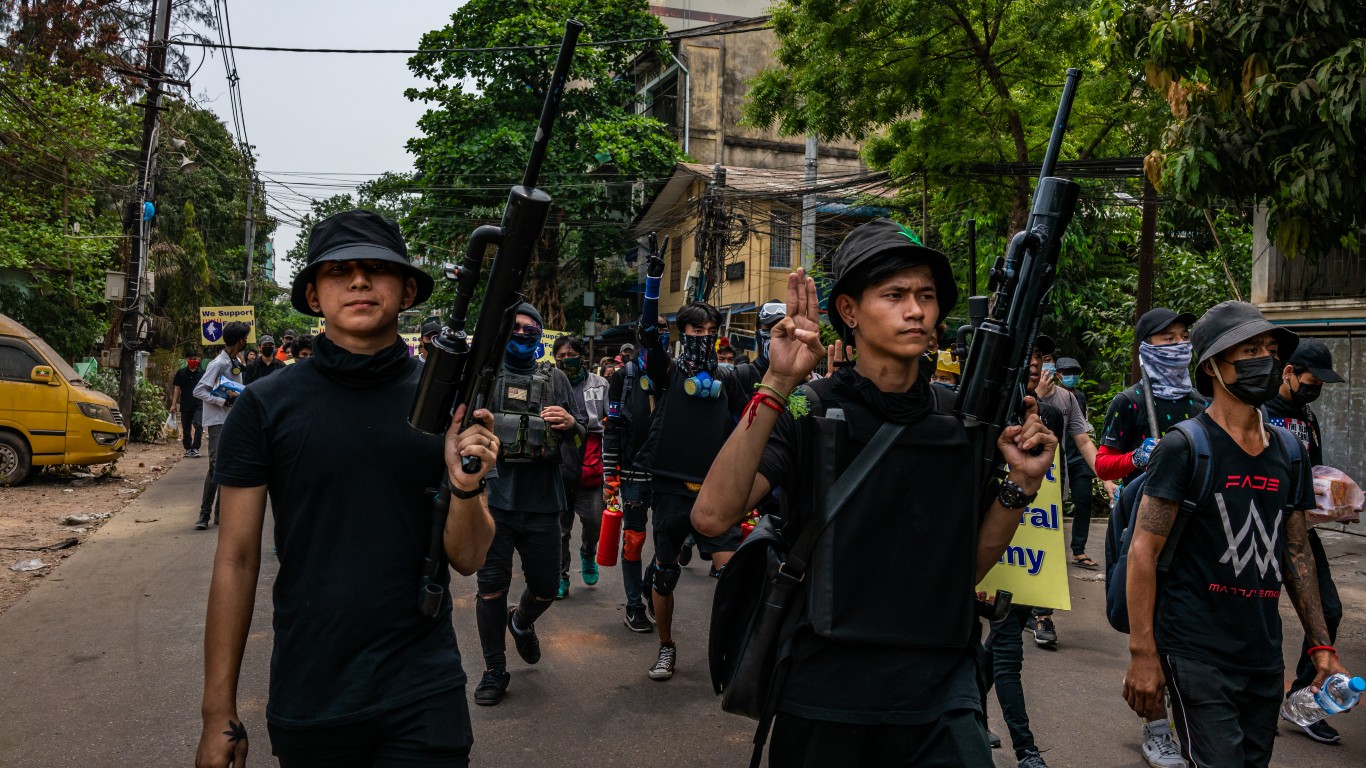
Myanmar is a Southeast Asian country with rugged tropical terrain and numerous ethnic groups. This has made it hard to keep the country unified. For decades, various regions have fought for autonomy. Myanmar is currently under a military dictatorship. It has come under international scrutiny for human rights abuses, including attacking unarmed protestors. Because Myanmar’s political system does not align with those of the West, it gravitates toward Russia and other undemocratic regimes.
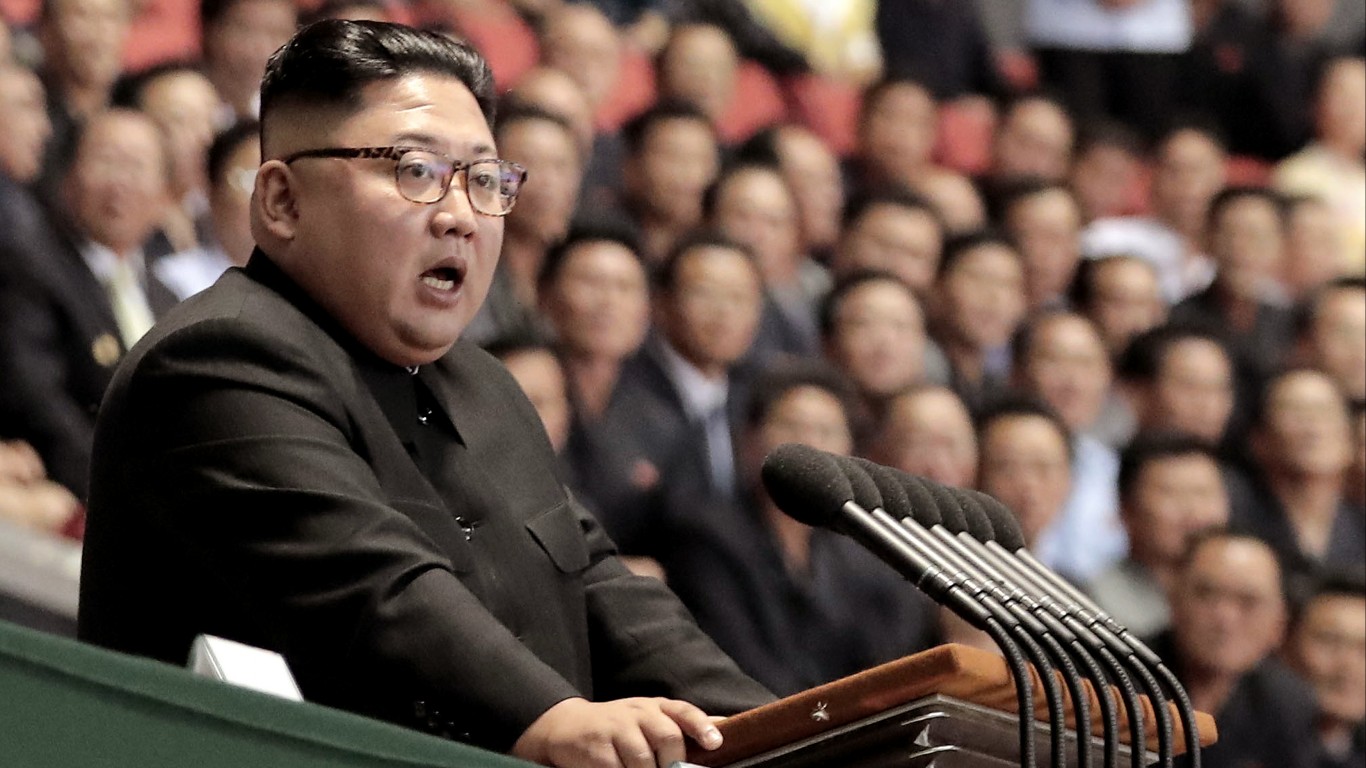
After the Korean War ended in an armistice in 1953, North Korea remained on a permanent war footing that has lasted to the present day. Today, it has an army numbering more than 1 million service people, massed artillery within range of the South Korean capital, Seoul, and has developed nuclear weapons and long-range missiles. An implacable enemy of the West, North Korea looks primarily to China for support and, to a lesser extent, Russia. North Korea is currently providing military assistance to Russia, including missiles.
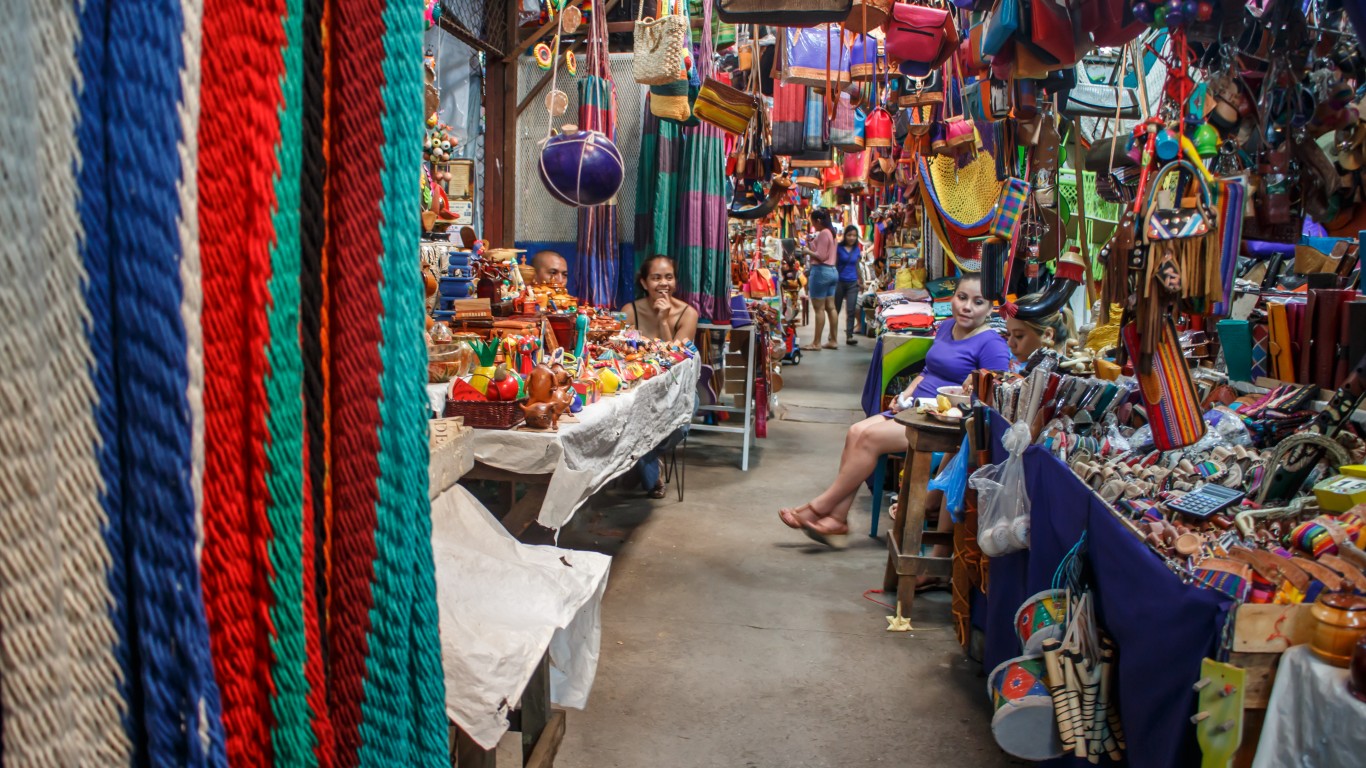
In the 1980s, it looked like the United States could conceivably go to war with Nicaragua, as it was arming rebels to try to overthrow the country’s leftist regime. Tensions have cooled since then, but Nicaragua is still generally left-leaning and does not consistently uphold its people’s civil rights. As part of its general effort to be as independent from American control as possible, Nicaragua has signed deals with a Chinese company to look into building an alternative the the Panama Canal across their country. Nicaragua enjoys good relations with Cuba, Venezuela, and Russia—all American rivals.
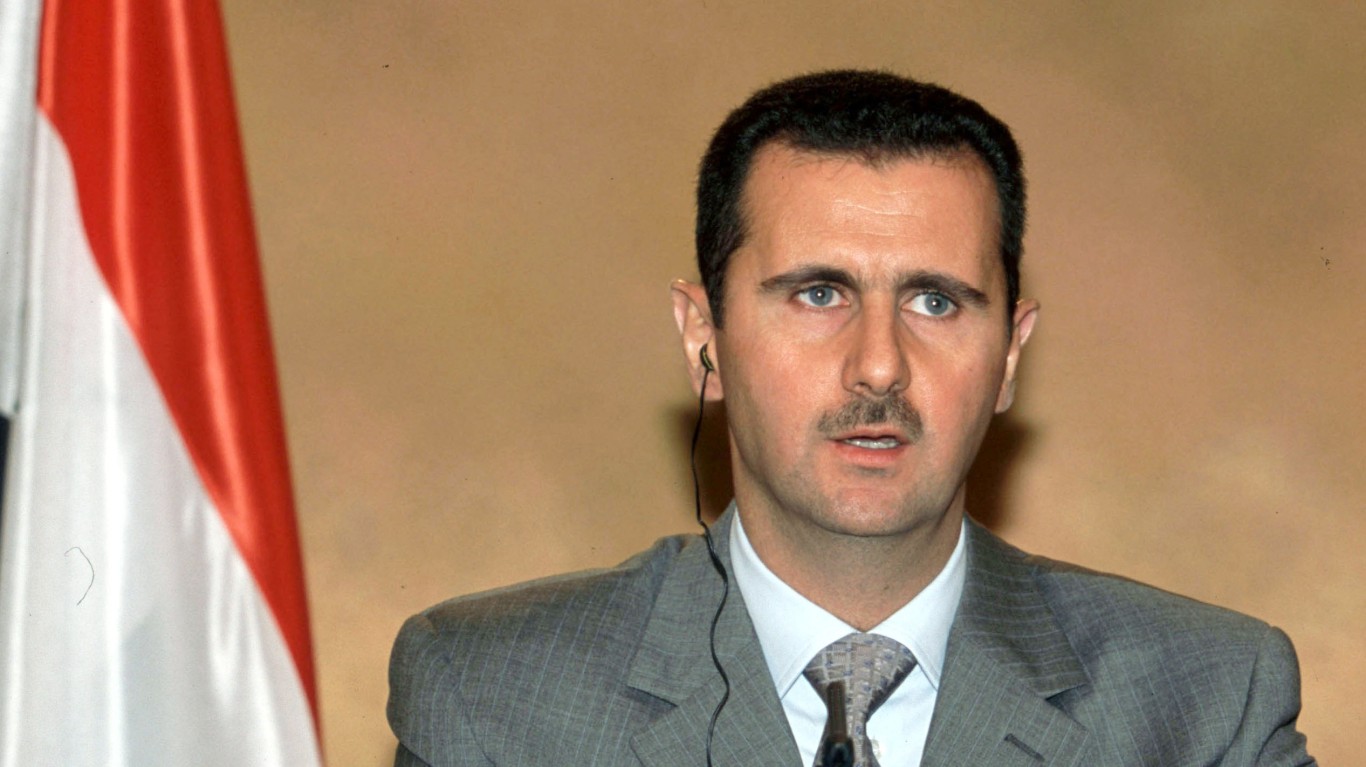
Syria is a deeply damaged country, still engaged in a brutal civil war that has devastated every part of the country and sent millions fleeing abroad. Syria has long had a close relationship with Russia and the Soviet Union before that. It gave Russia access to a naval base to balance and deter American influence in neighboring Israel. Russia has been actively involved in Syria’s civil war to keep Bashar Al-Assad in power. The presence of Russian military assets and thousands of troops has prevented the rebels from overthrowing the government and the Western countries from becoming more heavily involved.
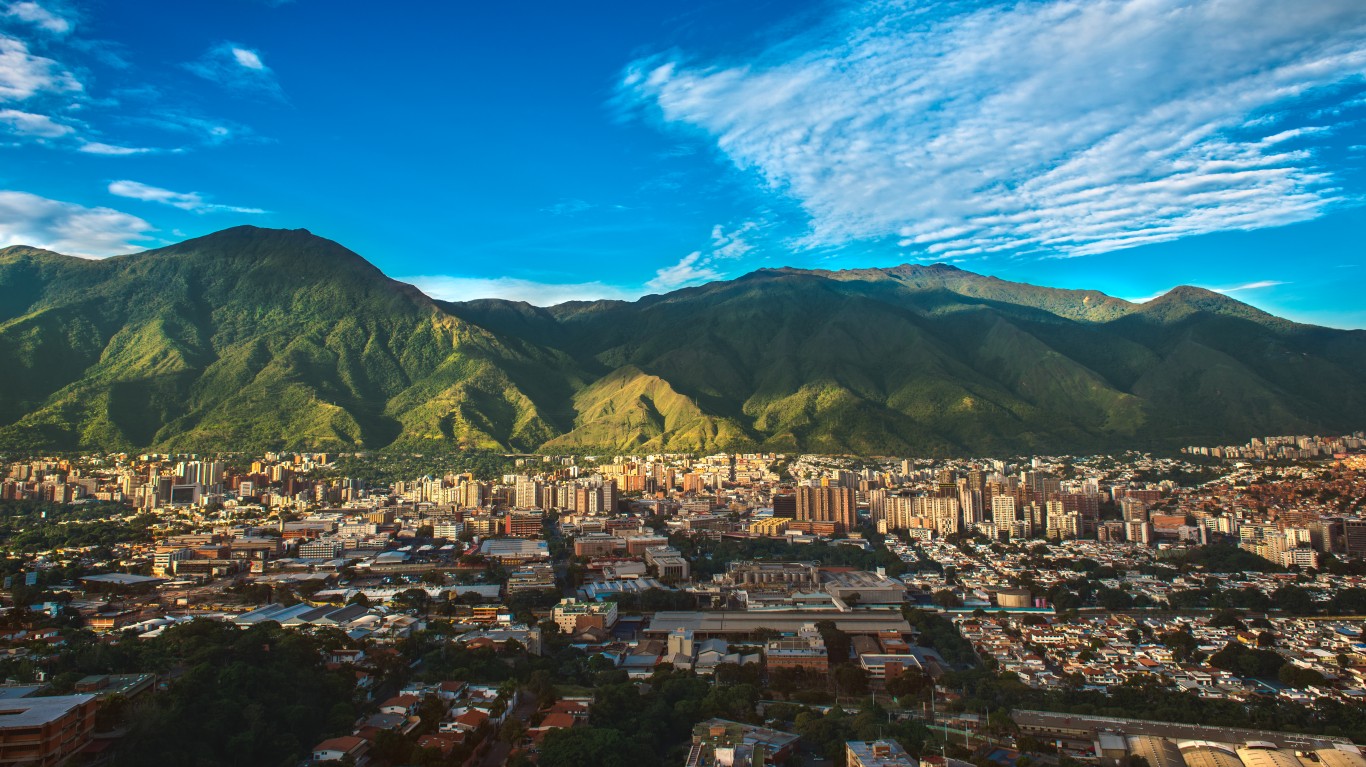
Venezuela has some of the richest oil and gas reserves in the world, but this has not translated into prosperity for the country. Socialist rulers have mismanaged the economy to the point that many people are on the verge of malnutrition and must do without medicine and other basic necessities. Venezuela has been confrontational toward the United States. Reportedly, President Trump fielded the idea of invading it when he was the U.S. president. Venezuela looks to Cuba, Russia, and other autocratic states for support as it shows no signs of changing the path it is on.
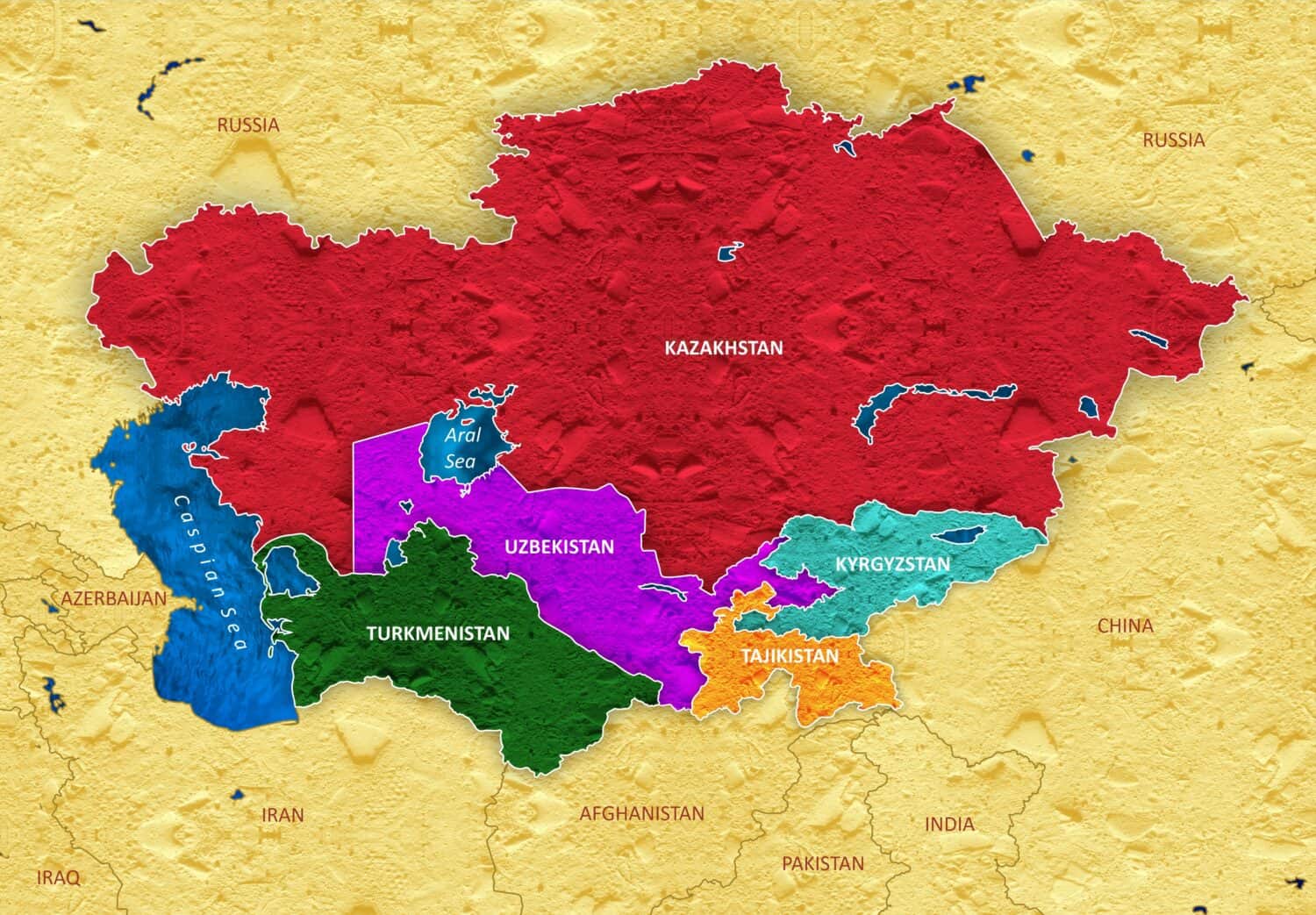
Some of Putin’s supporters are in former Soviet republics in Central Asia. Turkmenistan and Uzbekistan have stronger Islamic influences and are less susceptible to Russian interference. Kazakhstan has a large Russian population and shares an enormous border with Russia, so good relations with Moscow are essential to the country’s security. Two other post-Soviet states, Kyrgyzstan and Tajikistan, are small border states with poor economies and tremendous security concerns. Both countries benefit from Russian aid to stay in control of their territory and people.
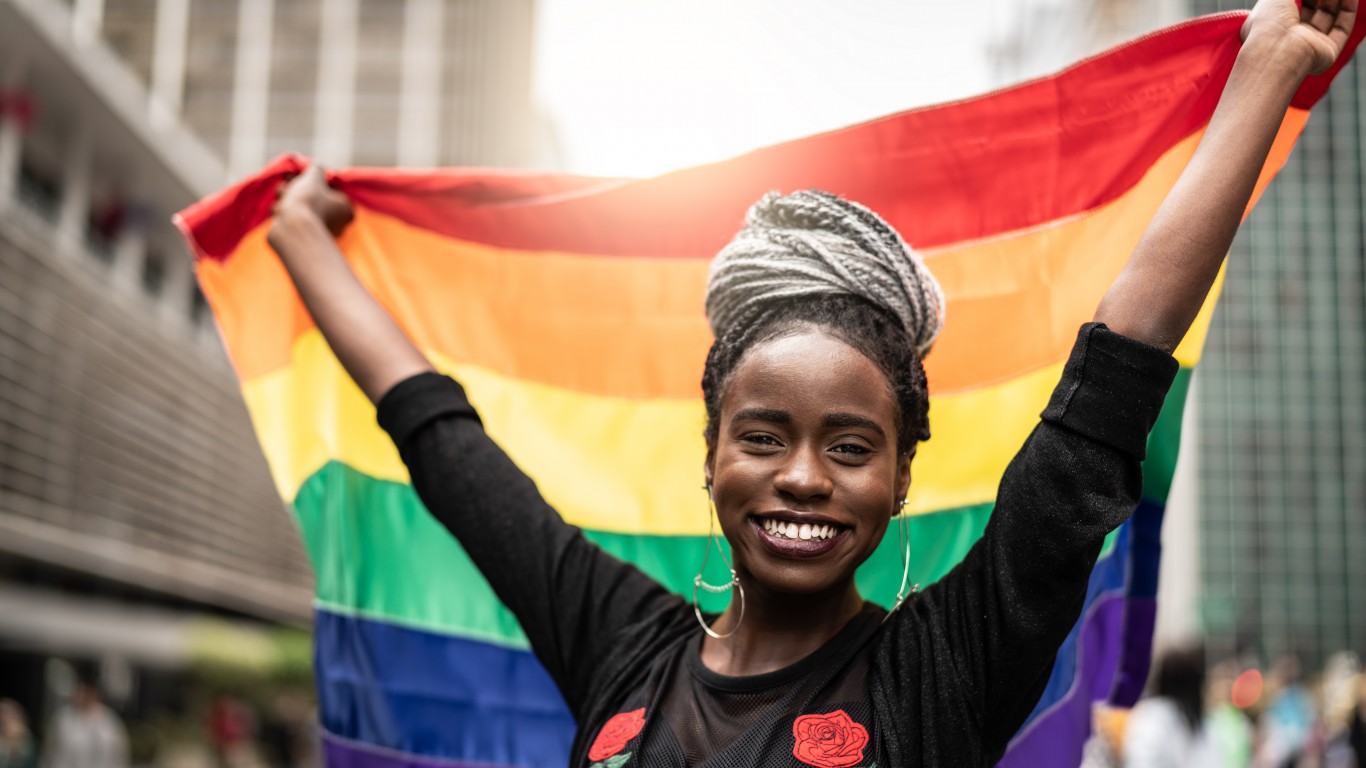
Putin’s Russia has substantial support in Africa. There are at least two reasons for this. Culturally, people in many of these countries are also uncomfortable with contemporary Western values they see as morally corrupt. Policies on LGBTQ rights and abortion are two examples. Russia’s anti-LGBTQ stances make it more appealing to societies with similar views.
Anticolonialism is a second reason for African support of Putin. The UK, France, and Portugal were the major colonizers in Africa, and all three are allied with the United States in NATO today. Moreover, the Western powers control the International Monetary Fund and other organizations that manage the global economy and power structure. Heavily indebted developing countries often resent these institutions and their demands for political and economic reforms, seeing this as neocolonialism.
These are some of the African countries that have begun leaning pro-Russia:

Some countries are aligned with Russia not out of ideological affinity but for practical “realpolitik” strategies. The relationship is just a practical way to help them meet their own goals. Among these are China, Laos, and Pakistan.
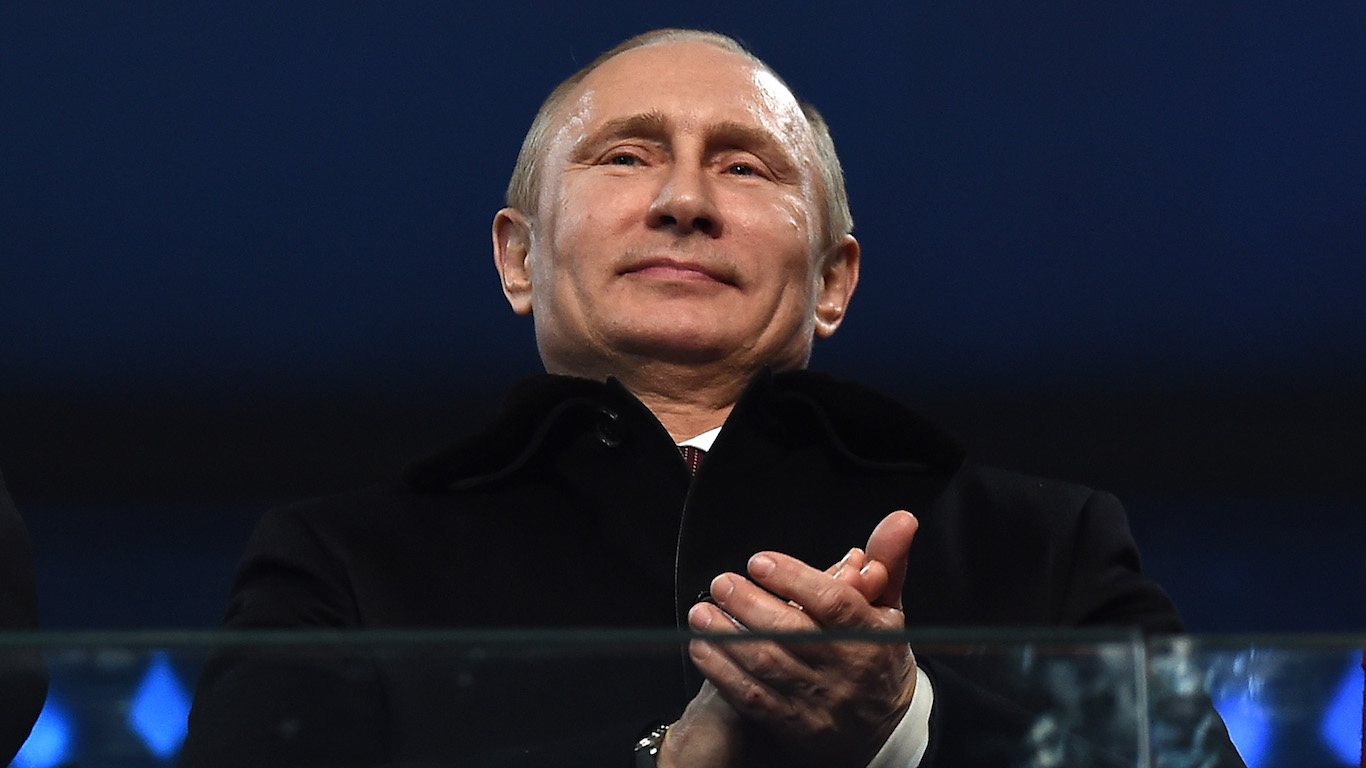
Support for Russia in the developing world is not just personal support for Putin. Once he passes from the scene, most of these countries will still seek a relationship with Russia and other strong anti-western powers. This gives them some degree of protection from attacks by Western countries and trading partners if they come under sanctions, and sometimes direct military assistance in the form of mercenaries who can help a leader stay in power even if their own people hate them. Thus, for the West, the answer to this pro-Russian sentiment in various parts of the world is not something that will be solved by the departure of one leader. Rather, it is something that will have to be managed on a case-by-case basis through diplomacy, soft power, and, at times, military power to prevent unpredictable regimes from becoming dangerously threatening.
Credit card companies are at war. The biggest issuers are handing out free rewards and benefits to win the best customers.
It’s possible to find cards paying unlimited 1.5%, 2%, and even more today. That’s free money for qualified borrowers, and the type of thing that would be crazy to pass up. Those rewards can add up to thousands of dollars every year in free money, and include other benefits as well.
We’ve assembled some of the best credit cards for users today. Don’t miss these offers because they won’t be this good forever.
Flywheel Publishing has partnered with CardRatings for our coverage of credit card products. Flywheel Publishing and CardRatings may receive a commission from card issuers.
Thank you for reading! Have some feedback for us?
Contact the 24/7 Wall St. editorial team.